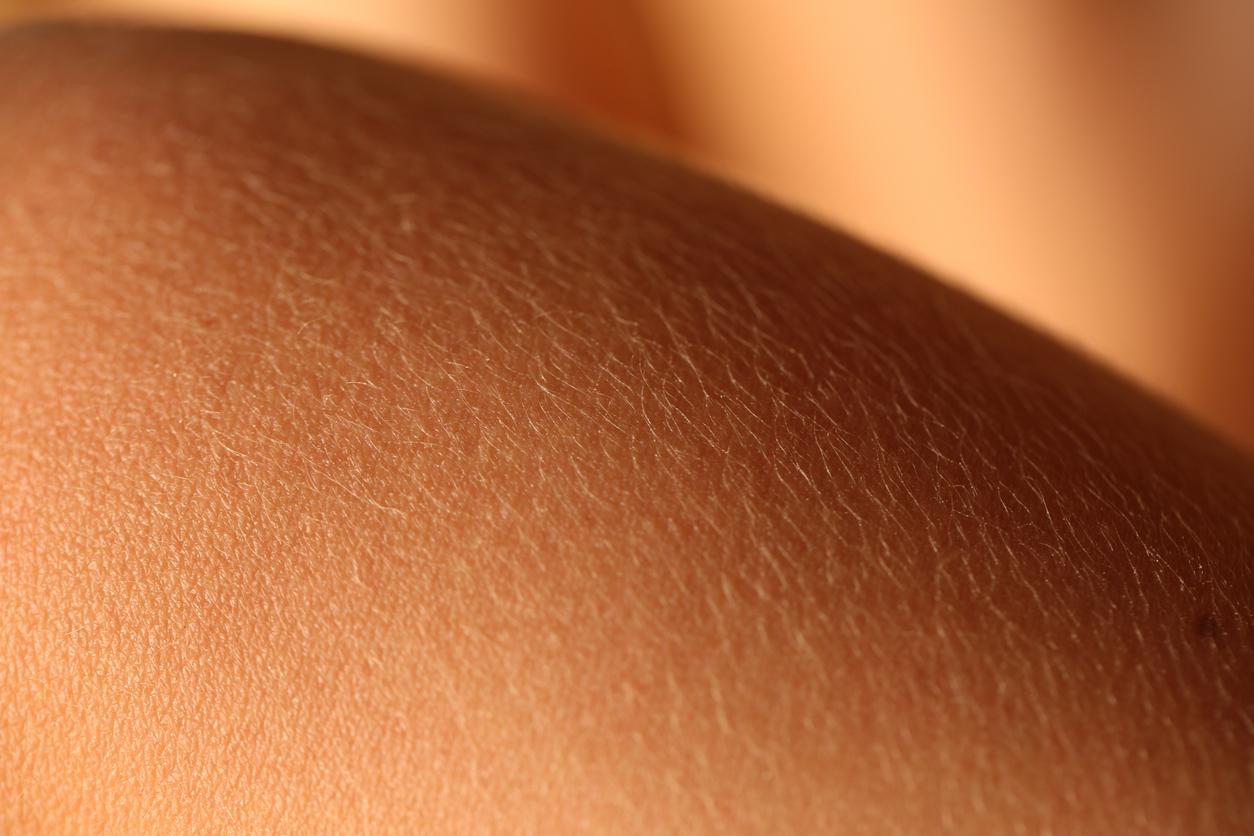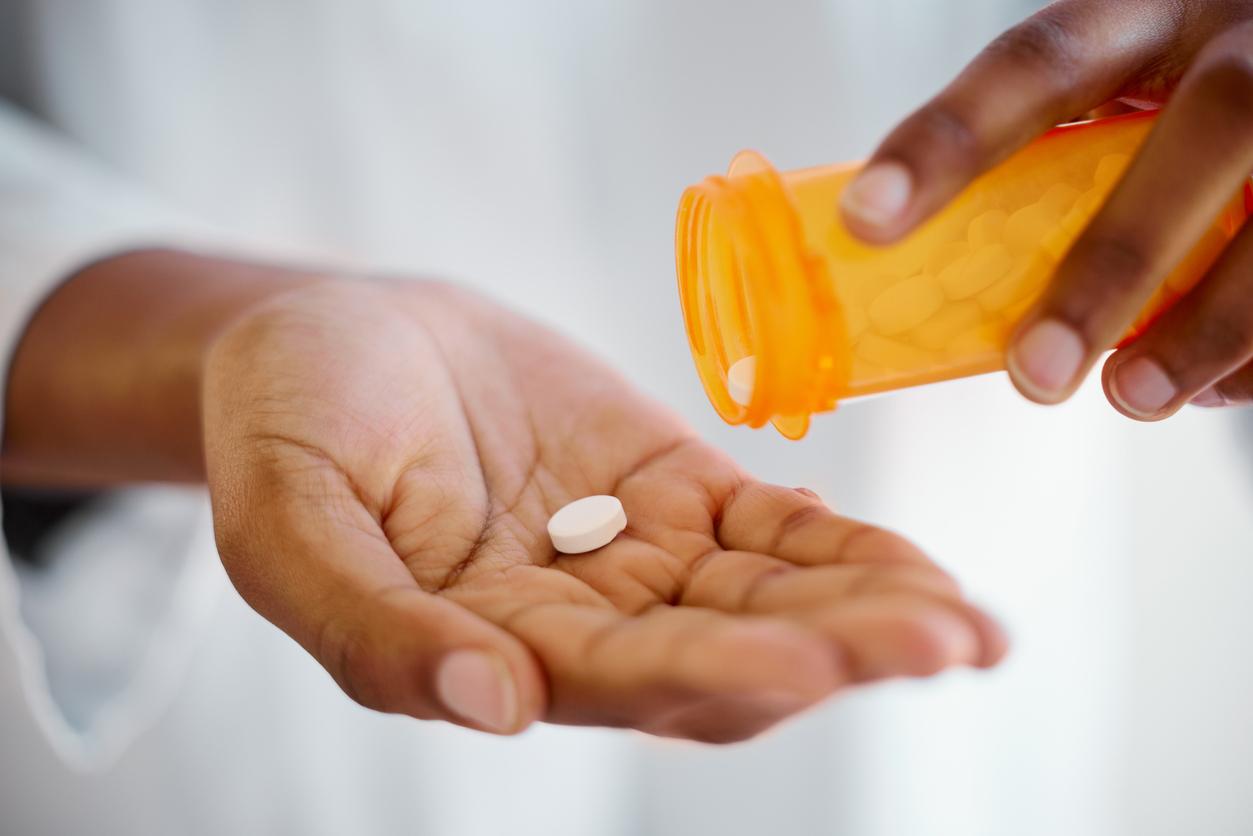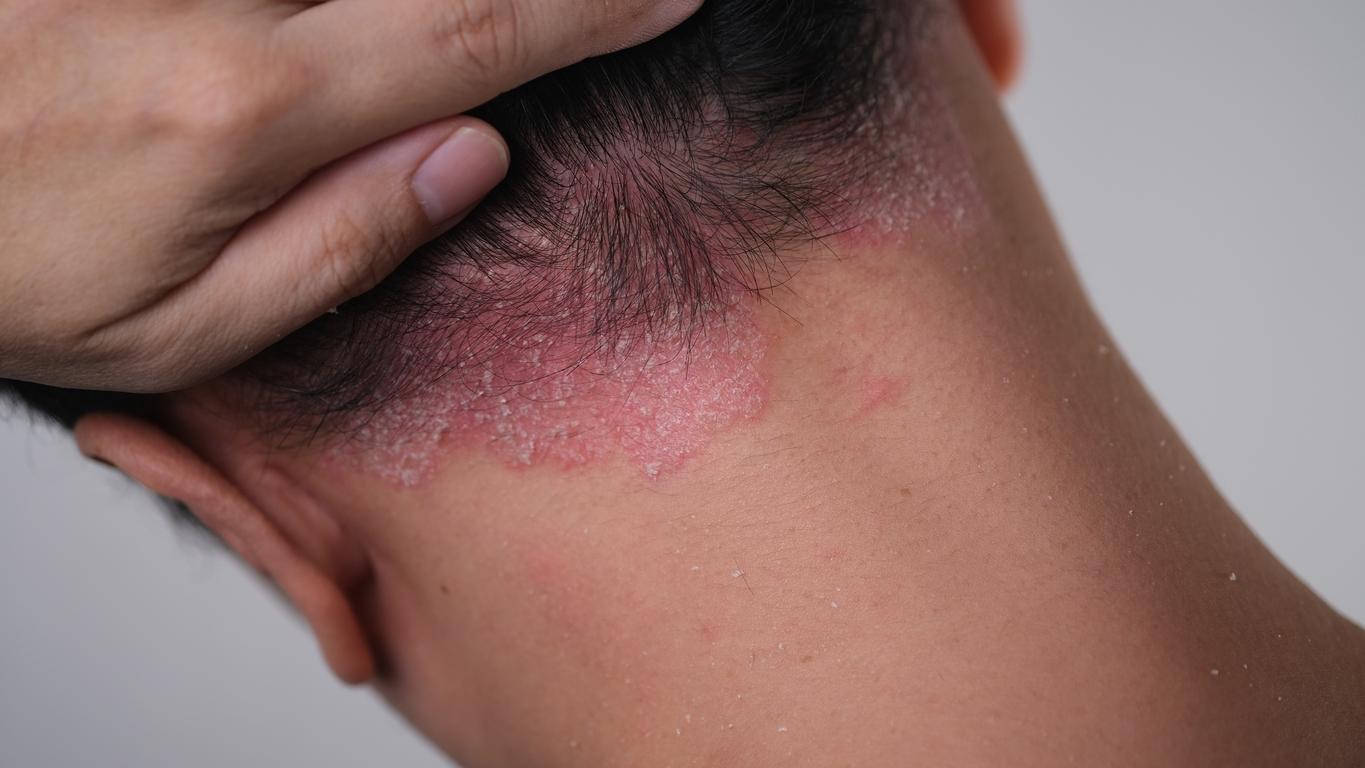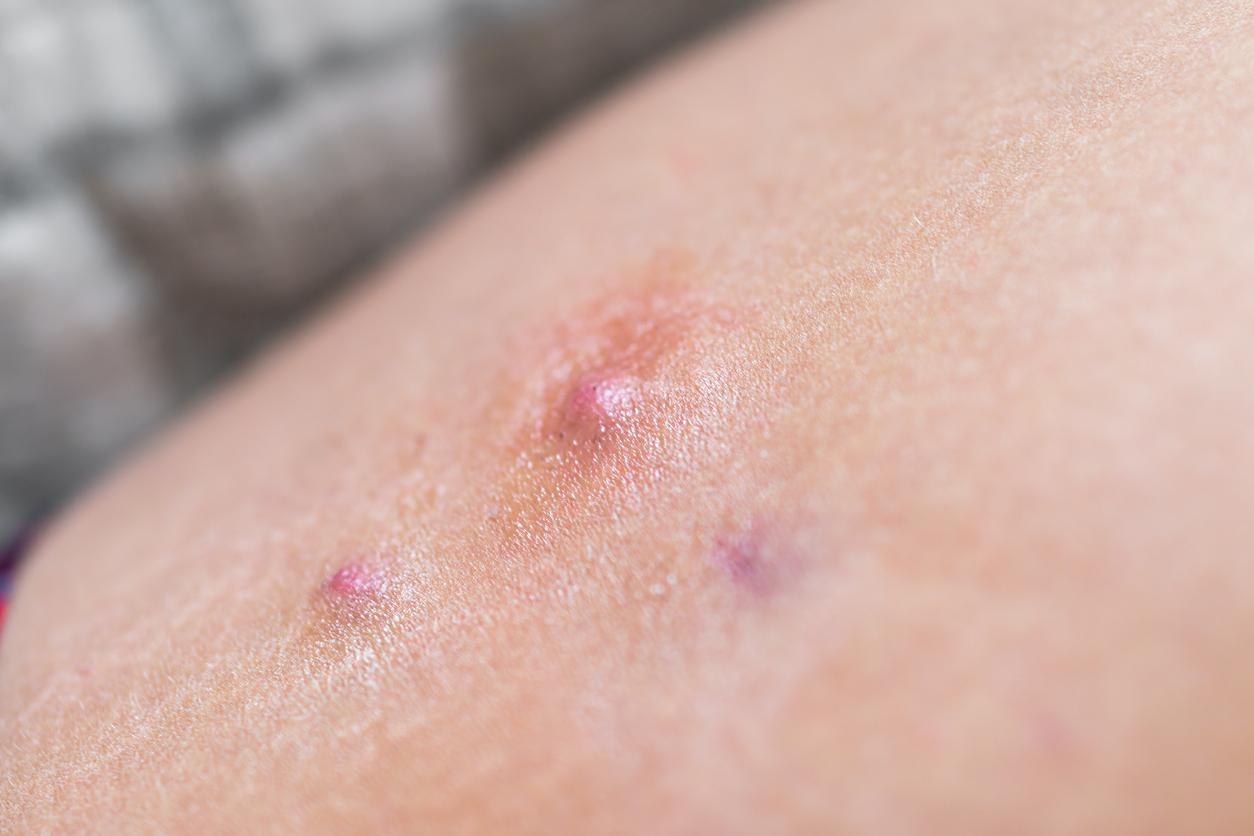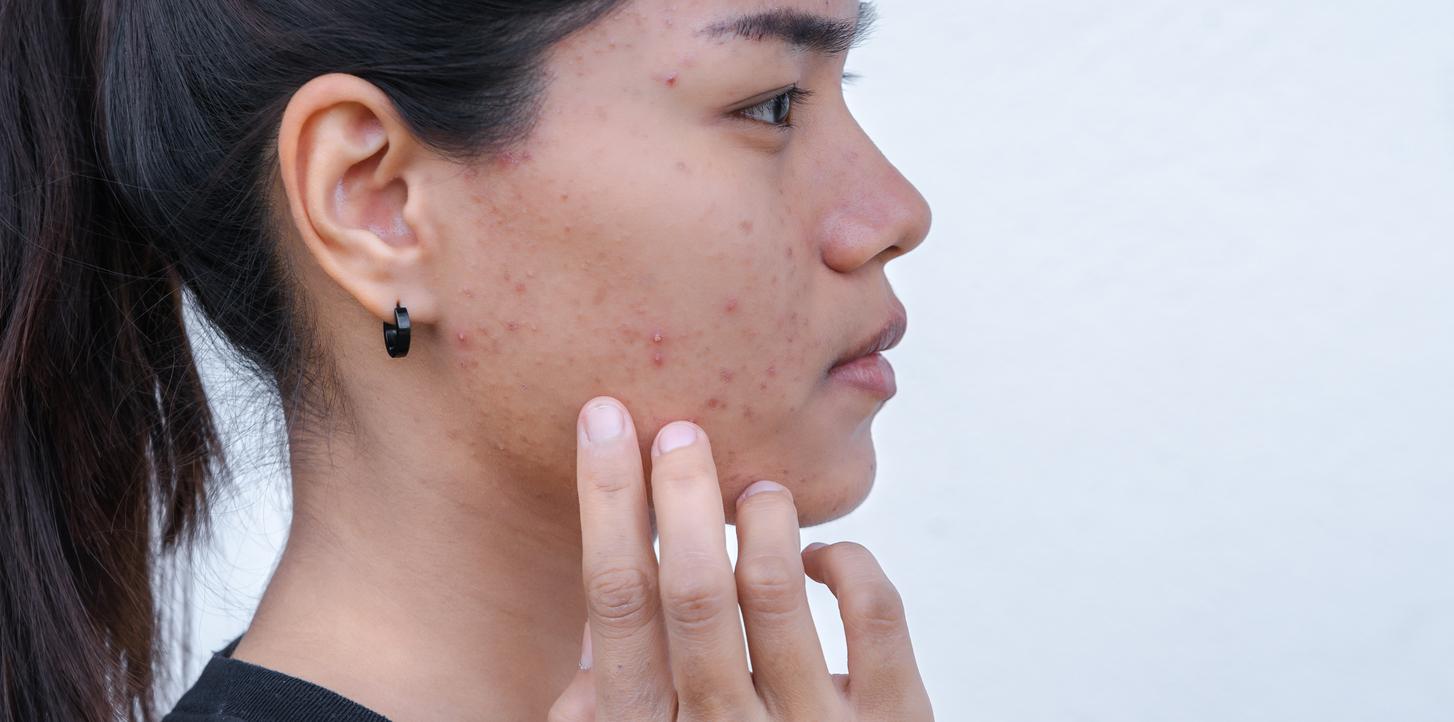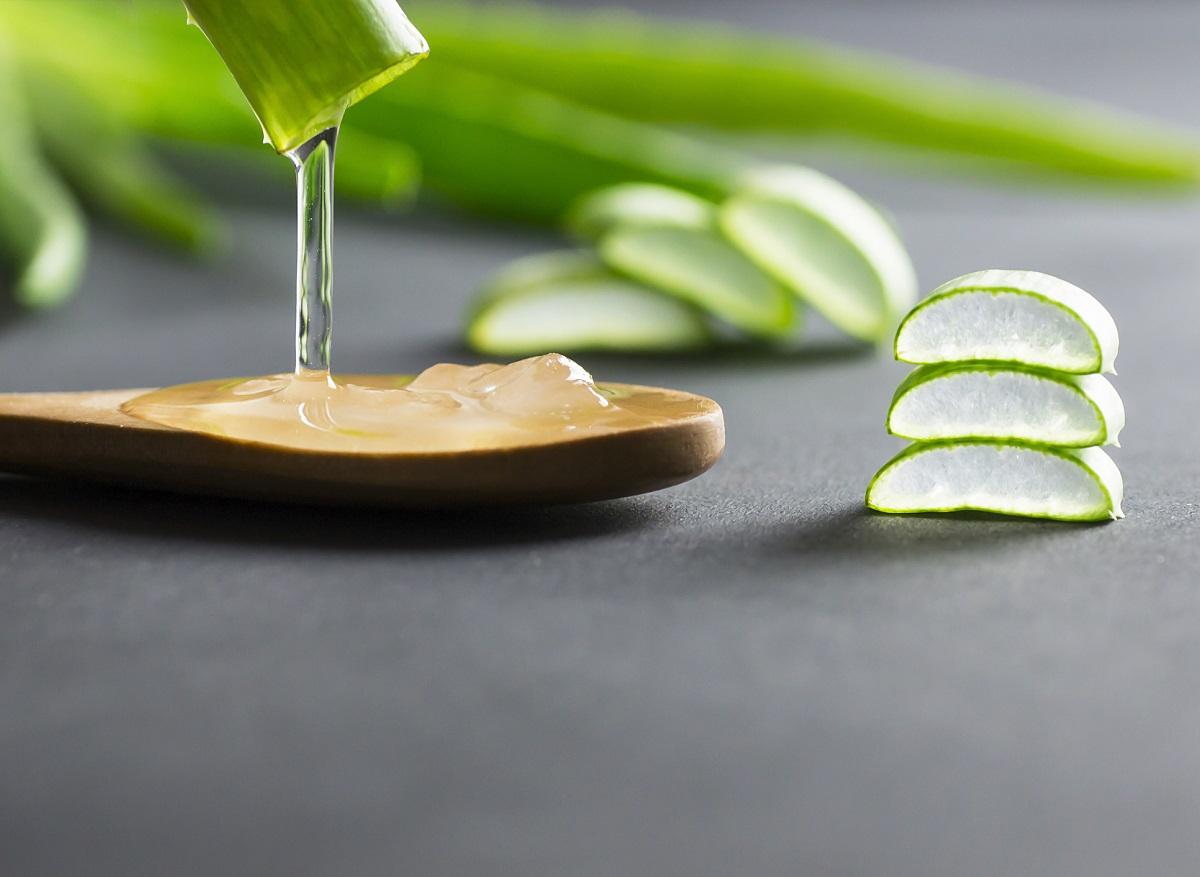In the treatment of acne, doctors sometimes make unreasonable use of antibiotics. Some patients remain on treatment for a year, with no effect.

Even in the treatment of acne, antibiotics are not automatic. This does not prevent many doctors from using them. More worrying: it takes them long months before they realize the pointlessness of this approach, according to a study published in the Journal of the American Academy of Dermatology. Its authors are alerted to inadequate treatment.
6 months to 1 year no effect
In severe acne, isotretinoin can and should be used. The Haute Autorité de Santé has recalled this in its latest recommendations. Antibiotics, they are to be avoided, in France as in the United States. Doctors are obviously not aware of these texts. Analysis of the medical records of 137 young Americans (12 years and over), suffering from severe acne and presenting in particular cysts, revealed that the road is long before turning to the reference: isotretinoin (Curacné et al. derivatives).
Two thirds of patients were on antibiotics for more than 6 months, without any effect, before their doctor decided to stop this approach. For 33%, antibiotic therapy lasts even a year before the doctor turns to another option. Far too long a delay. “Our study suggests that physicians should realize within weeks, not months, of starting treatment, that patients with severe acne do not respond to antibiotic treatment,” insists Seth Orlow, lead author of the study. study and professor of pediatric dermatology.

Antibiotic resistance threatens
For this delay, the researchers put forward several explanations. The main one undoubtedly lies in the very strict controls put in place at the initiation of treatment with isotretinoin, a treatment causing fetal malformations and suspected of increasing the risk of psychiatric events. In France, follow-up is required for women undergoing treatment: a negative pregnancy test is required at the first prescription and at each monthly renewal. Psychological follow-up is also carried out.
Antibiotic treatment can be very effective, but only in certain forms of inflammatory acne. And if changing antibiotics is common, this approach is not without risk, especially for the resistance of organisms to these drugs.
“Doctors and patients are far too complacent about the overuse of antibiotics and its dangers on microbial resistance,” laments Seth Orlow. This problem is increased by interruptions in treatment, especially when patients change doctors.
.








